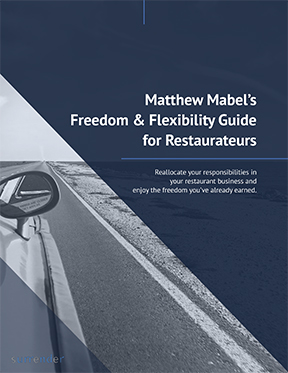
Google the term “work life balance.” You will get two billion results.
That’s fast—and a reminder of why we need work/life balance.
Forty years ago, when the term “work/life balance” began to pop up in our conversations, people lived in a telex, mainframe, and WATS line world.
So, when people left work, they left work.
Today, what happens when you leave your phone in the hotel room safe? How do you feel—panicked or free?
Most people panic—because we are both actively and passively addicted to our devices.
Don’t Be a Work/Life Balance Hater
So many people work their entire day without any hard division between that and the rest of their life.
The problem has become so prevalent that many people say work/life balance doesn’t even exist anymore – Google “debunking work life balance” and you’ll come up with 3,540,000 results in 0.46 seconds.
There is some truth to that—for those of us who control our schedules.
But on vacation? Debunkers don’t consider distinct styles.
Or, as I call it, “I just saw a guy on the beach checking his email.”
What I notice is that the debunkers cannot unplug.
Why You Must Try Each of These Two Ways to Get Away
This week in Texas, it’s Spring Break. My daughter and I travel to see her five cousins. You’ll find my laptop packed and ready to go.
On my next trip, however, it stays home, and I will completely disconnect from work.
Alternating in this way helps me break the routine and still focus on friends and family.
There are two ways to handle vacations.
ONE WAY: Keep in touch with email, handle an occasional work event (like making a phone call or a video conference), and watch your daily sales on your smart phone’s POS-based app.
Doing this lets you have fun being away and ensures less of a backlog when you return.
ANOTHER WAY: Completely disconnect. Have someone back home handle your emails and voice mails, (something any successful owner of an independent restaurant group ought to have access to).
Clear your head for an amazing, creative new perspective on your business (and life) when you return that can catapult you forward.
But be ready for more backlog when you return.
True balance over your breaks includes experiencing both and seeing the benefits of each.
Over to you. Which style describes your behavior when you leave work? When will you make the commitment to discover the rewards of doing things differently?

